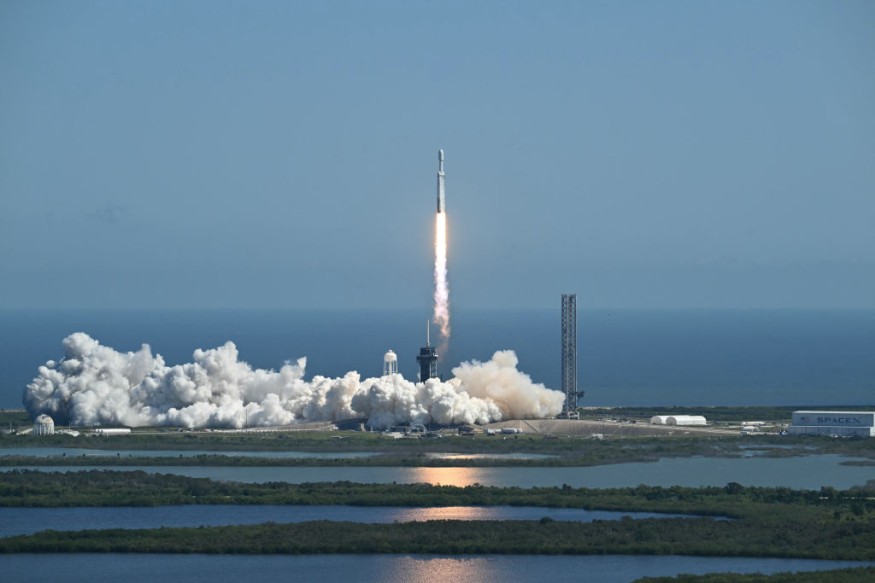
The rapid growth of the space industry may lead to a global environmental crisis, experts warn.
Over the past 15 years, the number of rockets launched each year has nearly tripled, and the number of satellites in Earth's orbit has increased tenfold.
Space Industry Boom Sparks Environmental Concerns
This expansion is projected to continue, with applications for nearly a million satellites submitted to the International Telecommunications Union. While not all of these applications are likely to come to fruition, projections estimate that up to 100,000 satellites could be orbiting Earth by 2030.
As satellite networks expand, so does the amount of space debris. Decommissioned satellites and discarded rocket stages frequently burn up upon reentry into Earth's atmosphere.
This debris, which now amounts to hundreds of tons annually, is expected to reach over 3,300 tons by the end of the decade, as reported by Statista. When satellites and rocket parts burn up, they release pollutants such as aluminum oxide and soot into the upper atmosphere, which could have lasting environmental impacts.
Rising Emissions from Space Activities Pose Risks to Earth's Climate
Aluminum oxides contribute to atmospheric warming and potentially harm the ozone layer, which protects Earth from ultraviolet (UV) rays. The soot, mainly emitted by rockets that run on fossil fuels, traps heat and contributes to warming in the upper atmosphere.
According to Space.com, this combined impact has raised concerns about the possibility of these emissions accelerating climate change and worsening the depletion of the ozone layer.
Authorities are working to assess and understand these potential risks. Scientists stress the importance of more comprehensive studies to explore the environmental effects of increasing space activities.
© 2025 NatureWorldNews.com All rights reserved. Do not reproduce without permission.





